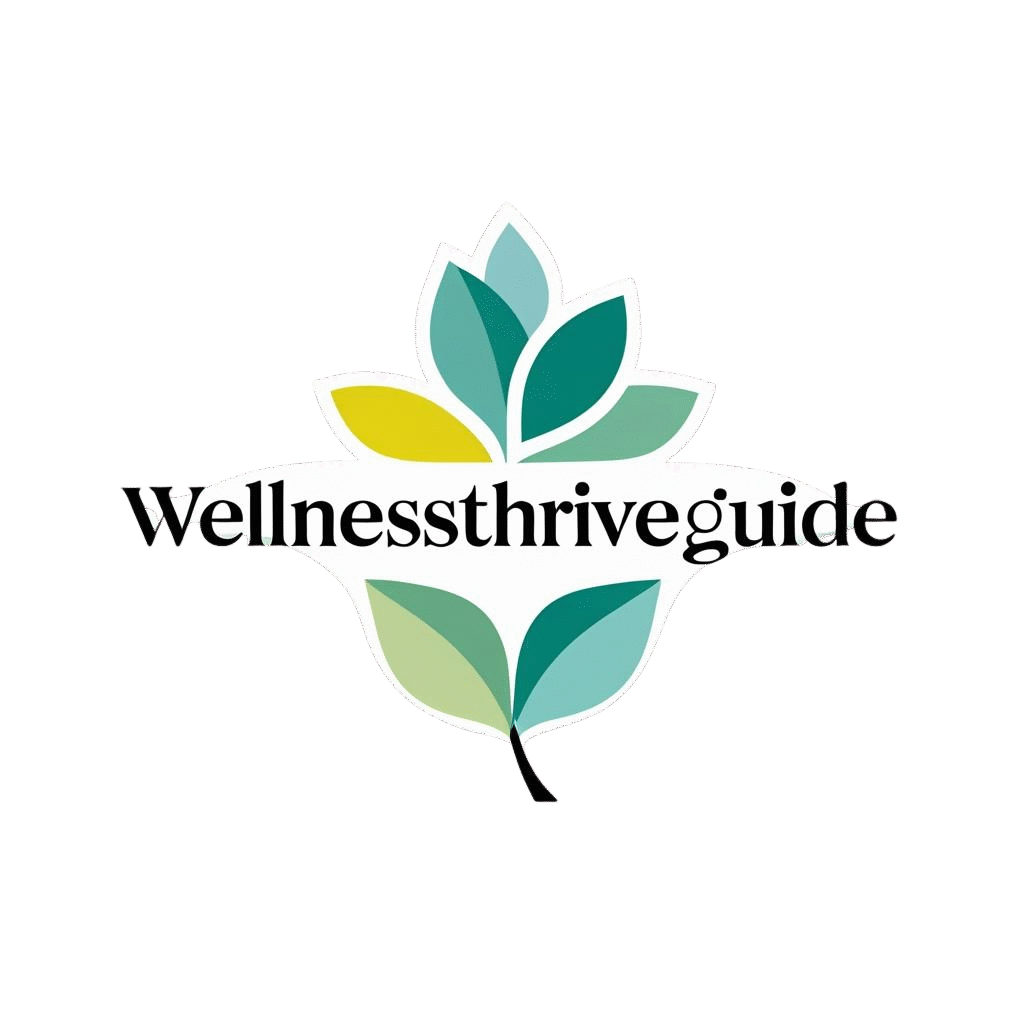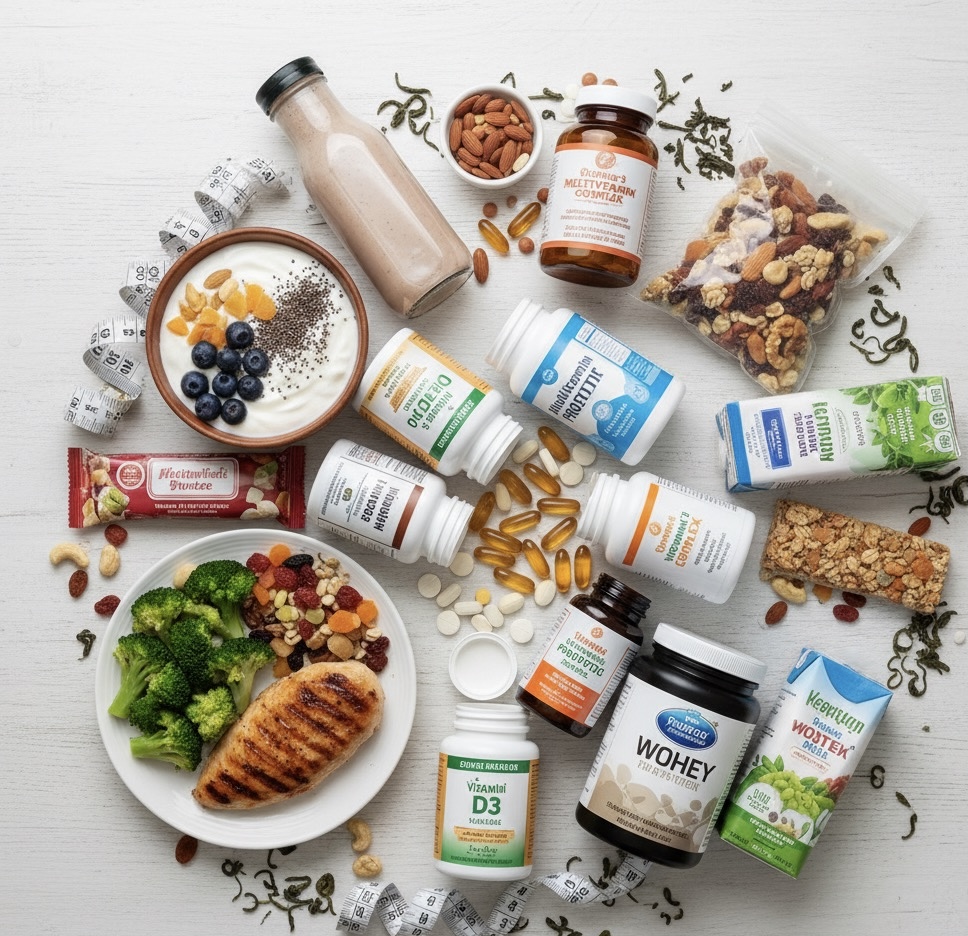
Healthy Aging: Growing Older with Strength, Balance, and Joy
Aging is a natural part of life, but how we age depends largely on our lifestyle choices. Healthy aging isn’t about stopping the clock; it’s about helping your body and mind function at their best as the years go by. It’s the difference between merely getting older and truly thriving as you age.
1. What Is Healthy Aging?
Healthy aging involves maintaining physical strength, mental sharpness, and emotional well-being throughout the aging process. In medical terms, it’s about preserving homeostasis, which is the body’s ability to stay balanced and adapt to changes.
As we age, every organ in our body undergoes cellular aging. This is a natural process where cells divide less frequently, and the body’s ability to repair DNA slows down. However, lifestyle choices such as regular exercise, balanced nutrition, stress management, and adequate sleep can slow this process and even reverse some of its effects.
2. The Body and Mind Connection
The connection between your body and mind is strong. When one thrives, the other often follows. Here’s what happens during aging and how you can counteract these changes:
– Brain Health: The brain naturally shrinks in volume with age, which can affect memory and reaction time. Engaging in mentally stimulating activities like reading, learning new things,solving puzzles,or socializing can help maintain neuroplasticity, the brain’s ability to form new connections.
– Physical Strength: Starting in your 30s, you lose about 3-5% of your muscle mass every decade, a condition known as sarcopenia. Engaging in strength training, walking, and yoga can help preserve muscle fibers, improve balance, and prevent falls, which are a significant risk for older adults.
– Heart and Circulation: As you age, your arteries may become stiffer, leading to higher blood pressure. Regular cardiovascular exercise strengthens the heart muscles and improves the elasticity of blood vessels, helping to maintain healthy blood flow.
3. Nutrition: Fuel for Longevity
Food plays a crucial role in health, especially as you age. Here are some key nutritional points:
– Protein: Essential for maintaining muscle mass and repairing tissues. Include sources like fish, lean meats, beans, and eggs in your diet.
– Antioxidants: Found in fruits and vegetables, they help combat oxidative stress, a major cause of cell damage and inflammation.
– Omega-3 Fatty Acids: Present in foods like salmon, chia seeds, and walnuts, these protect brain and heart health.
– Calcium and Vitamin D : Important for strengthening bones and reducing the risk of osteoporosis.
– Hydration: Staying hydrated is vital, as even mild dehydration can lead to fatigue and confusion in older adults.
In summary, focus on eating a variety of colorful foods, drinking plenty of water, and prioritizing whole foods over processed options.
4. Mental and Emotional Well-being
Healthy aging encompasses not just physical health but also emotional well-being. Feelings of loneliness, anxiety, and depression can weaken your immune system and accelerate physical decline.
To support mental health, consider these practices:
– Mindfulness or Prayer: These can help reduce stress hormone levels.
– Social Connections: Regularly engaging with family, friends, or community groups can combat feelings of isolation.
– Purposeful Living: Activities such as volunteering, mentoring, or pursuing hobbies can provide a sense of purpose.
–Adequate Rest: Good sleep is essential for cognitive repair and emotional balance.
Remember, maintaining mental wellness is crucial for overall physical health.
5. Preventive Health: The Power of Early Action
One of the best gifts you can give your future self is preventive healthcare. Regular checkups and screenings can identify potential issues early on, before they become serious.
Recommended preventive steps include:
– Annual checks for blood pressure and cholesterol.
– Monitoring blood sugar levels to detect Type 2 diabetes.
– Bone density tests for women after menopause.
– Vision and hearing exams.
– Cancer screenings as recommended by your healthcare provider.
Think of prevention as maintenance similar to servicing a car before it breaks down.
6. The Secret: Consistency, Not Perfection
Healthy aging doesn’t require perfection. It’s built from small, daily choices that add up over time. Simple actions like taking a 10-minute walk, eating a handful of nuts, practicing deep breathing, or sharing a good laugh can all contribute to your well-being.
The real secret is to keep moving, keep learning, and keep connecting. Your body and mind will thank you for it.
Summary
Aging gracefully is not about denying your age; it’s about celebrating the journey with vitality. While you can’t control the passage of time, you can control how you choose to live each day.
Invest in your fitness, nutrition, mental peace, and sense of purpose. That’s the essence of healthy aging.
Age well. Live strong. Thrive long.


